A bizarre yet poignant protest unfolded last week in Port Harcourt, Rivers State’s capital, as a group of women voiced their frustrations over the lack of electricity. Their outcry, while seemingly humorous, underscored a deeper issue resonating across the nation – the profound impact of Nigeria’s electricity deficit on everyday life.
According to a recent World Bank report, Nigeria grapples with the world’s largest absolute electricity access deficit. An astonishing 45 percent of the population, equivalent to 90 million people, lacks access to the electricity grid. The repercussions are dire, permeating various facets of life for Nigeria’s 200 million citizens.
At a mere 4.594 megawatts and plagued by frequent grid collapses, Nigeria’s electricity shortage leads to a cascade of consequences. Infrastructure deteriorates, industries shutter, and essential services like healthcare suffer. The situation is exacerbated by the ongoing removal of petrol subsidies and currency instability, painting a grim picture of economic hardship.
Adding to the nation’s woes is the escalating insecurity and armed conflicts, particularly in northeastern and northwestern Nigeria. The World Bank’s Food Security Report highlights that certain regions, notably Adamawa, Borno, Kaduna, Katsina, Sokoto, Yobe, and Zamfara States, face crisis-level food insecurity due to ongoing insecurity and dwindling livelihoods.
Economically, Nigeria is reeling from over a 33 percent increase in food inflation, exacerbated by the Nigeria Customs Service’s adjustment of duty collection rates. These economic pressures have triggered widespread discontent among Nigerians, prompting protests across various states.
Recognizing the severity of the situation, even the Federal Government acknowledges the dire state of affairs. Minister of Finance and Coordinating Minister of the Economy, Mr. Wale Edu, acknowledges the rising prices’ concern and outlines government efforts to address agricultural production and curb inflation.
However, skepticism persists among analysts like Dr. Ike Okonta, who views government actions through a political lens rather than a developmental one. He contends that political calculations, rather than the populace’s welfare, drive government decisions.
In response to the mounting discontent, Senior Advocate of Nigeria, Mr. Femi Falana, took legal action to enforce relevant Acts compelling government compliance. His efforts aim to regulate prices of essential goods and petroleum products, thereby alleviating the burden on Nigerian consumers.
Meanwhile, labor unions, including the Nigeria Labour Congress and the Trade Union Congress, issued a 14-day strike notice, urging the government to address workers’ welfare and honor previous agreements. Their demands echo the widespread sentiment of economic hardship and discontent across the nation.
As protests intensify and grievances mount, Nigeria finds itself at a crossroads. While government interventions seek to address immediate concerns, long-term solutions are imperative to tackle systemic issues plaguing the nation’s economy. Amidst uncertainty, Nigerians await decisive action from their leaders to navigate the turbulent times ahead.
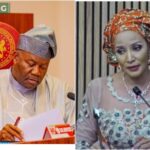
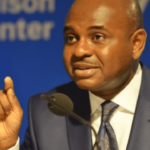

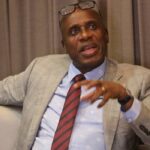

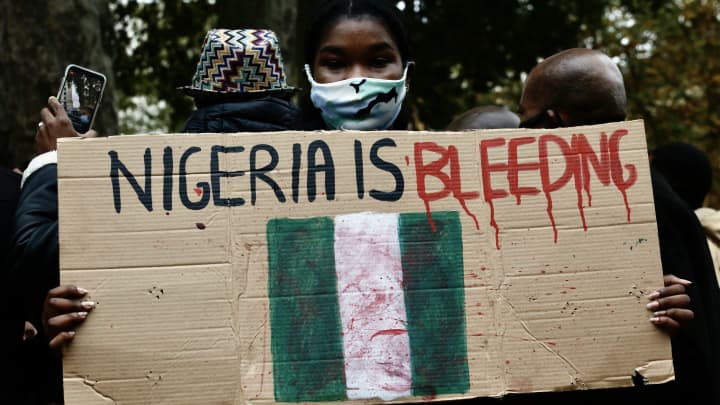
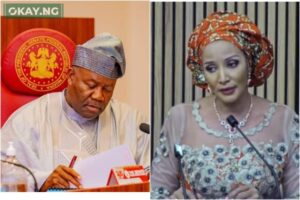
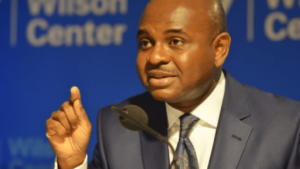

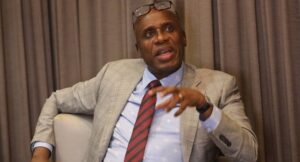
More Stories
Akpabio, Bianca, Kukah, others lead Nigeria’s delegation to Pope Francis funeral
Moghalu x-rays Nigeria’s challenges, says corruption not the problem
Weak National Assembly, docile citizens emboldened Tinubu’s gross violation of constitution in Rivers – Amaechi